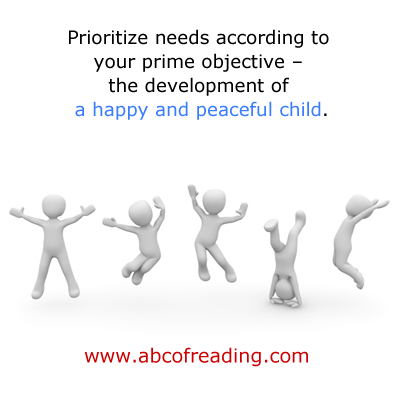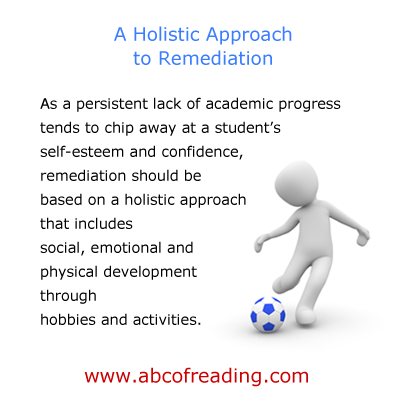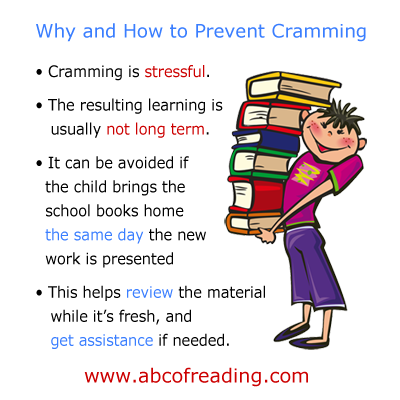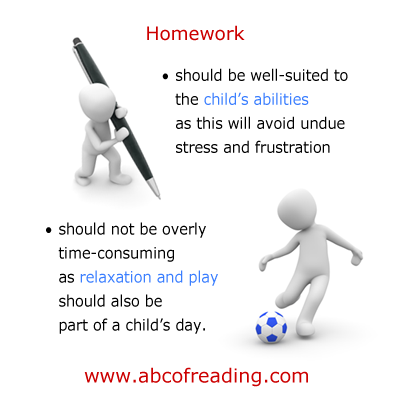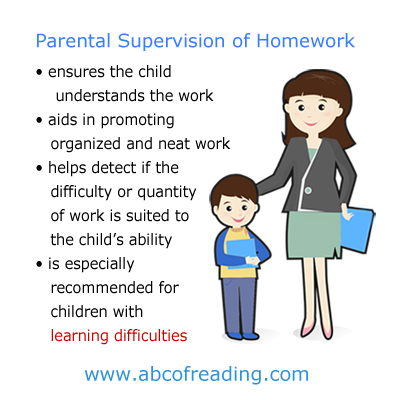This video depicts the rapid progress a child made during the summer prior to grade 3. Within 8 sessions he advanced from a book which started with two words on a page to a book which had up to 18 lines on a page.
The rapid progress displayed in the videos as well as in the Examples of Effectiveness represent the norm for the Darwin Reading Program rather than the exception.
This series of postings has now come to an end. Hopefully, it has demonstrated that a student who starts off with reading difficulties is by no means destined to struggle indefinitely or develop a lasting dislike for reading. With appropriate remediation and the active involvement of teachers, parents and, if needed, tutors, a turnabout can be achieved and an interest in reading established.
Comments and questions are most welcome.
A final note to parents and tutors
Tutoring can be a most exciting undertaking. To experience its joys, take the time to prepare yourself well as this will allow you to proceed with a comfortable degree of confidence and enthusiasm.
Enjoy the journey!
Minna Trower
Since a fair number of youngsters and adults experience literacy problems, consider sharing these postings with family and friends as you never know who might appreciate discovering a work that truly enhances lives. For more information on the Program, please visit the other sections of the site.
